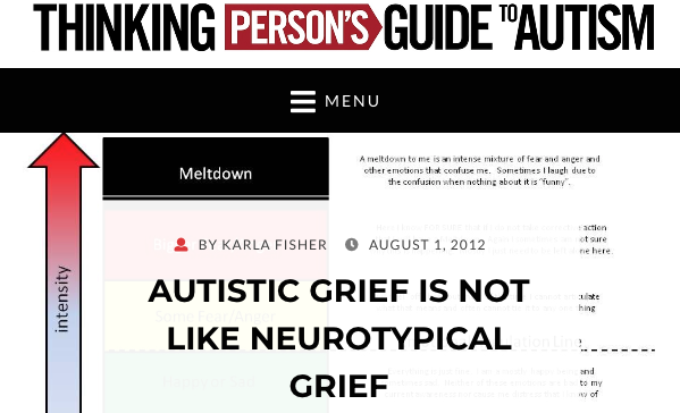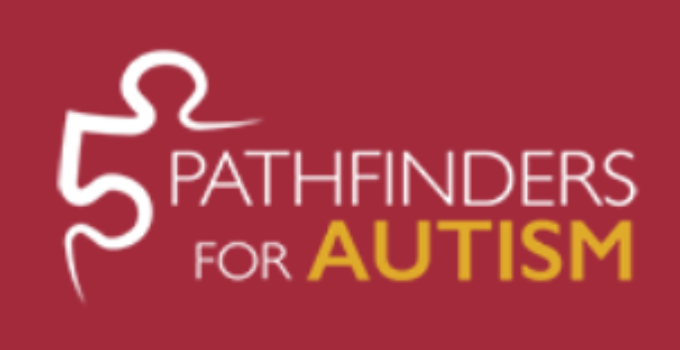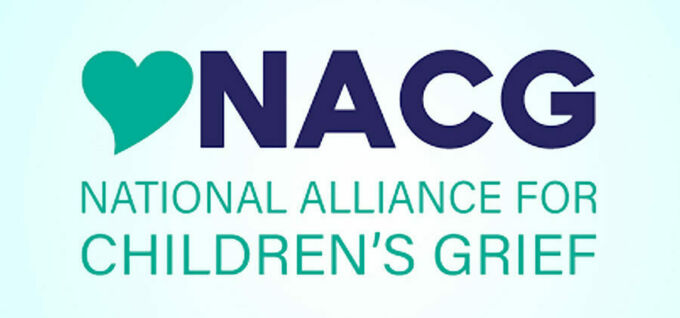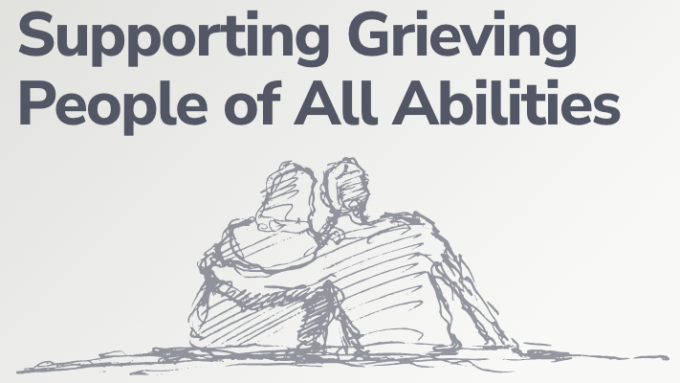
Grievers with Disabilities
Supporting Loss
Every loss experience is unique and effective support will look different based on the needs of the individual. This is especially true when it comes to kids and teens with neurodivergent conditions like Autism Spectrum Disorder, ADHD, sensory processing disorders, and Down syndrome, among others. The NACG offers some general guidelines that may help you communicate difficult news and/or offer support to children of all abilities who experience loss.
Communication & Support
- Promote trust by being honest, clear and timely with all communication.
- Keep information in small manageable pieces.
- Be prepared to repeat everything that you have said several times.
- Use supportive devices or social stories, if appropriate, to support your initial explanations to promote the child’s understanding.
- Explain that the child may feel an array of emotions when a loss occurs. Validate that all feelings are OK and help them name them.
- Explain what emotions a child may expect to observe in the people around them when a loss occurs.
- Always end with reassurance that they are loved, supported and safe.
Social Stories
Social stories can be a helpful tool for helping children of all abilities understand death, loss, and grief. HEARTplay provided some examples of what a death/grief-related social story might look like.
Support Goes Beyond Words
Not all communication involves speech. If you’re supporting an individual who is non-verbal, there are ways to connect around their loss without words. For example, you could say something like, “Sometimes, I feel really sad when I think about my mom who died. Raise your hand if this is true for you.”
Sharing What You Know
Everyone responds to loss differently. A disability is only one of many factors that can impact how a person expresses their grief. Let your support efforts be led by curiosity and encourage the young people in your life to do the same when interacting with their peers with disabilities.
Inclusive Support Resources

Autistic Grief is Not Like Neurotypical Grief
Description: This account details the author’s journey of discovering their autism spectrum disorder (ASD) through the grieving process following the death of their father.
Source: Karla Fisher

Bereavement and Autism: A Universal Experience with Unique Challenges
Description: Bereavement and grief are universal experiences, but for individuals on the autism spectrum, the process can be uniquely challenging.
Source: Autism NOW Center

Death and Grieving
Description: The loss of a loved one is difficult, and complex. We experience a mixture of emotions, we don’t all share the same beliefs of what happens to us when we die, funerals may be different depending on religious and other beliefs, and it’s not something we may prepare ourselves for. So how do we explain death, funerals, and loss to our children with autism?
Source: Pathfinders for Autism

Supporting Children of All Abilities Who Are Grieving
Description: Toolkit created by NACG members for support professionals who are working with children of all abilities who are grieving.
Source: NACG
Supporting Grieving Children with Autism
Description: Guidance on telling a child with Autism about a death, supporting them after you share the news, and navigating funeral/mourning ritual attendance as well as downloadable Autism Grief Support Visuals.
Source: Eluna Network

Supporting Grieving People of All Abilities
Description: Information and resources for supporting people with neurodivergent conditions like Autism Spectrum Disorder, ADHD, sensory processing disorders, and Down syndrome, among others.
Source: WPSU, Speaking Grief
Supporting Individuals on the Autism Spectrum Coping with Grief and Loss through Death or Divorce
Description: Loss and grief, death, and divorce are difficult subjects to discuss. It is important to understand the grief process your family member, student, friend, or client with an autism spectrum disorder is experiencing and be prepared to provide the appropriate support.
Source: Indiana University Bloomington
What is Death (Social Story)
Description: A resource from HEARTplay for explaining death to young children. www.heartplayprogram.org
Source: HEARTplay
